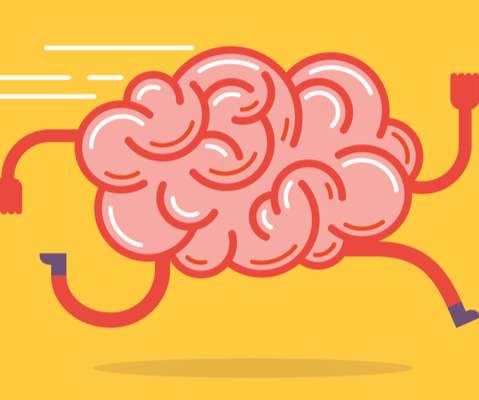4 Benefits of AI for Learners… and Teachers
KnowledgeOne
APRIL 3, 2024
Numerous empirical studies have demonstrated the link between better performance and a more challenging task – within the competence limits of the individual performing it – (Locke and Latham, 2002; Latham, 2007; Latham and Locke, 2007). Contemplative yogi Catherine Meilleur has over 15 years of experience in research and writing.
























Let's personalize your content